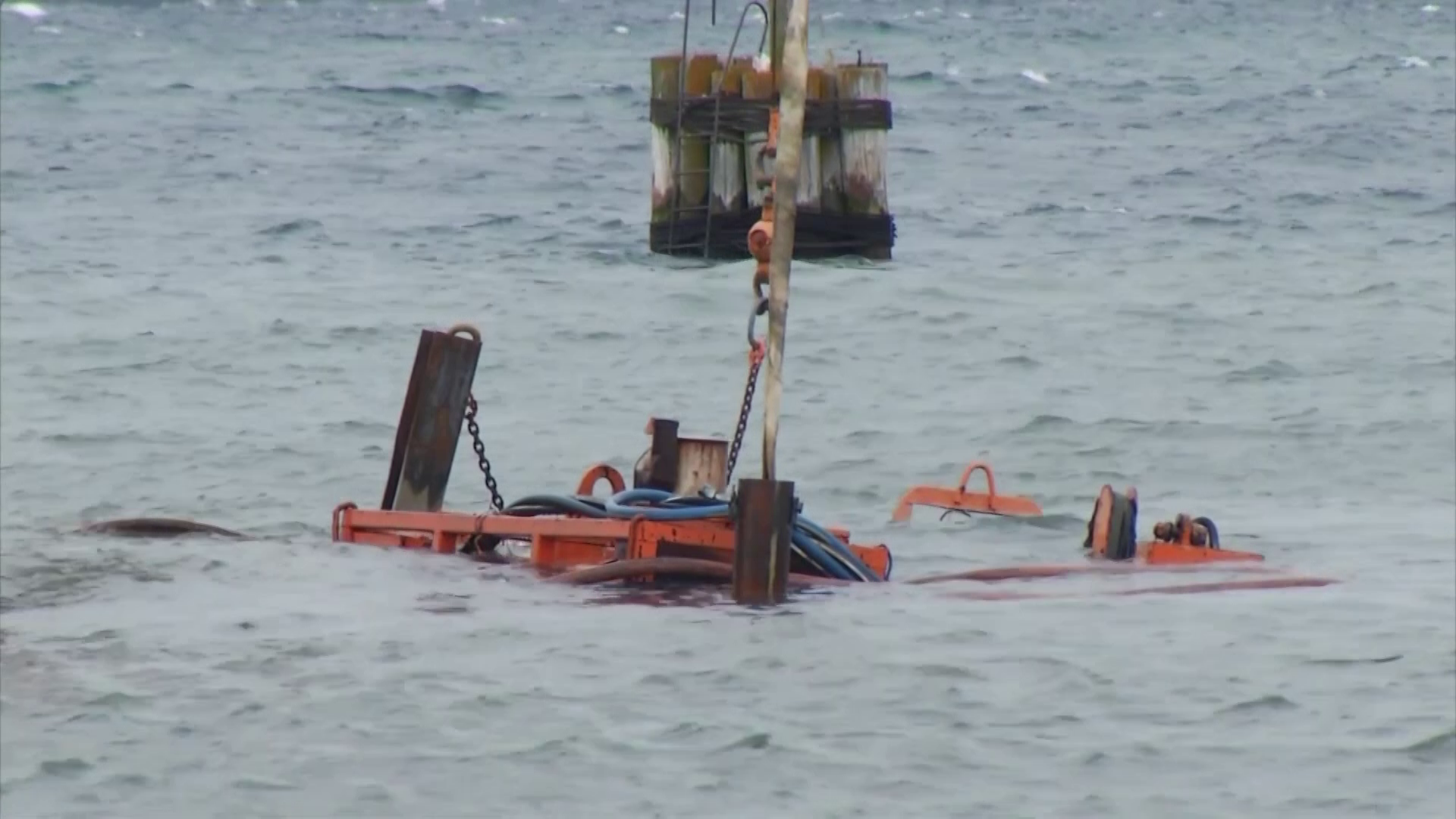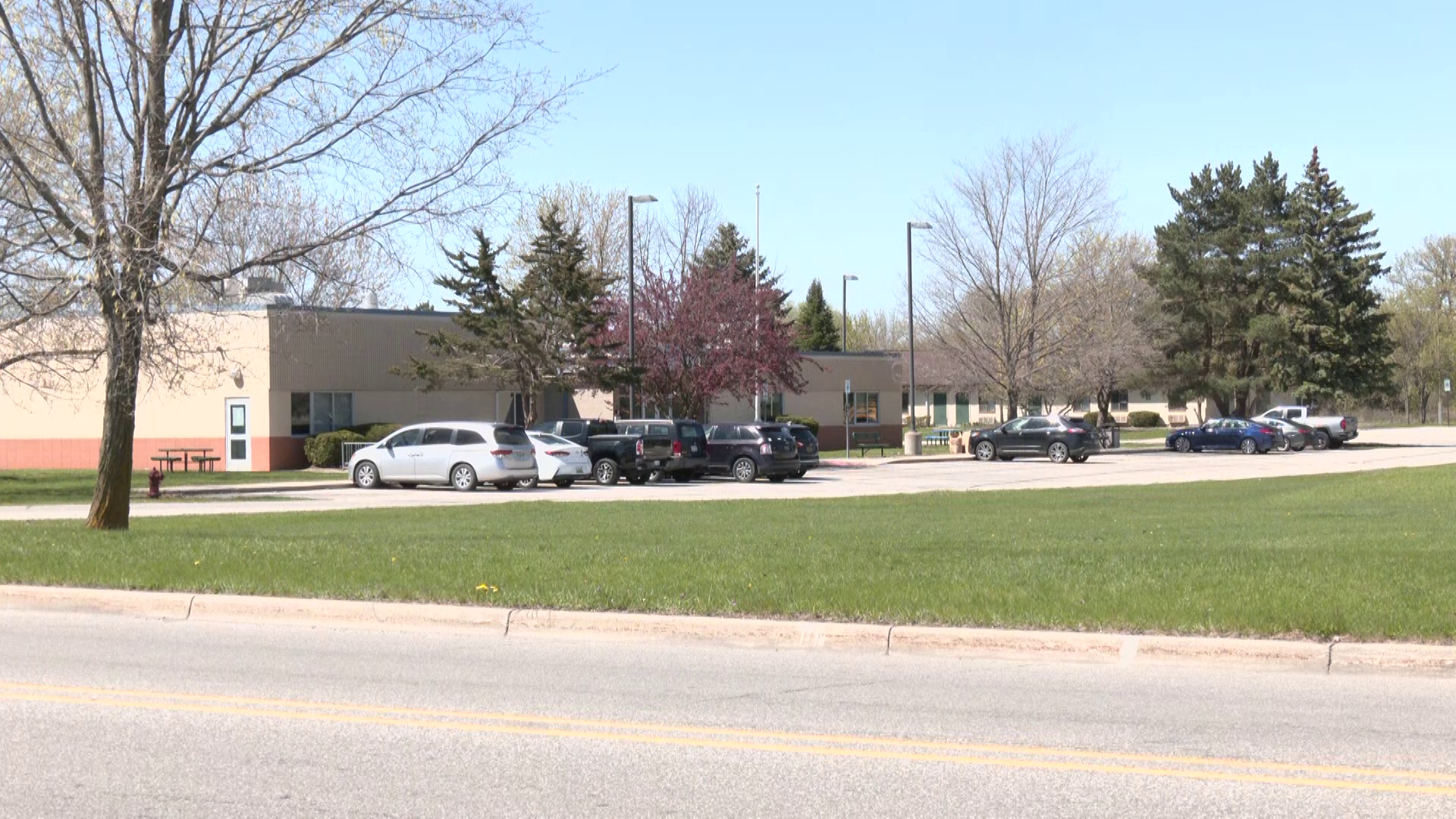The Highly Pathogenic Avian Influenza has been found in a Muskegon County commercial poultry facility, according to the Michigan Department of Agriculture and Rural Development and the Michigan State University Veterinary Diagnostic Laboratory.
This is Michigan’s first detection of the avian influenza in a commercial poultry operation.
“Before Michigan’s first detection of HPAI in backyard poultry in late February, MDARD has been preparing for all types of outbreak scenarios, including within a commercial setting, allowing the department to take swift action in partnership with the producer,” said State Veterinarian Dr. Nora Wineland. “We will continue to ask every poultry owner, whether a backyard owner or commercial grower, to take preventative actions to help stop the spread of HPAI.”
Previous cases of HPAI were detected in non-commercial flocks in Kalamazoo, Livingston, Macomb, Menominee, Monroe, Oakland, Presque Isle, Saginaw, St. Clair, Washtenaw and Wexford Counties.
HPAI is a highly contagious virus that can be spread in various ways from flock to flock, including by wild birds, through contact with infected poultry, by equipment, and on the clothing and shoes of caretakers. To protect other flocks in Michigan, the premises is currently under quarantine, and the birds will be depopulated to prevent further spread of the disease.
According to MDARD, the following biosecurity measures is fundamental to protect the health and vitality of Michigan’s domestic birds:
- Prevent contact between domestic and wild birds by bringing them indoors or ensuring their outdoor area is fully enclosed.
- Wash your hands before and after handling birds as well as when moving between different coops.
- Disinfecting boots and other gear when moving between coops.
- Do not share equipment or other supplies between coops or other farms.
- Cleaning and disinfecting equipment and other supplies between uses. If it cannot be disinfected, discard it.
- Using well or municipal water as drinking water for birds.
- Keep poultry feed secure to ensure there is no contact between the feed/feed ingredients and wild birds or rodents.
Poultry owners and caretakers should watch for unusual deaths, a drop in egg production, a significant decrease in water consumption, or an increase in sick birds. If avian influenza is suspected, contact MDARD immediately at 800-292-3939 (daytime) or 517-373-0440 (after-hours).
© 2023 - 910 Media Group


